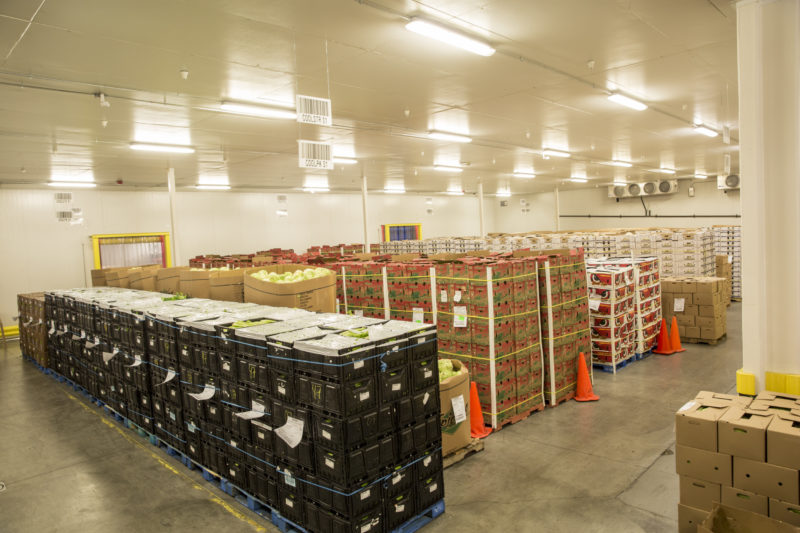Special post by Lisa Chamberlain, MD, MPH, Associate Professor of Pediatrics, and Janine Bruce, DrPH, MPH, Stanford School of Medicine
“Today’s park lunch. Flat bread turkey and cheese sandwich, apple, dried cranberries, whole grain cracker, juice, water and a milk. The cafeteria menu is the same grab and go box-out on the school yard and four kinds of pizza, along with a full salad bar of local fruits and vegetables. Yesterday we did 1,500 meals through the cafeteria and about 400 to Park and Rec Department and another 150 at the parks. Today will be busier because people know the parks are back in operation.” – Deborah Austin, Director of Child Nutrition Mountain View Whisman School District
As health care professionals, we know first-hand the importance of good nutrition for patients and their families. Access to healthy food and an adequate diet supports proper growth and development and is one of the building blocks to a healthy, productive life. Unfortunately, 1 in 4 children in California don’t know where their next meal is coming from and over 2 million children are food insecure—meaning they are unable to access the food they need to grow and thrive.
Over the years, we have encountered heartbreaking stories from the parents of patients and community members who face food insecurity on a daily or episodic basis. One story that we’ll never forget was a visit with a mother, her 6-week-old baby boy and her 4-year-old son. We had known the family for a long time, having cared for the 4-year-old since birth, and they had never experienced food insecurity in the past. But when we dug a little deeper, the mother broke out in tears. She disclosed to us that she was currently hungry. Breastfeeding a new infant requires a lot of calories, and their family’s resources were stretched incredibly thin. She gave everything she had to both of her children and her husband, a day laborer who worked hard physically all day long. While both the 4-year-old and infant were doing well, she couldn’t help but worry about the day when they would all be hungry.
When we hear such stories we feel both angry and frustrated – we do all we can to encourage families in the clinic and in the community to utilize as many existing programs and resources as they can, but sometimes it doesn’t feel like enough. We know that some families are not able to make it to designated meal program sites due to work schedules, transportation barriers, and immigration fears. Food insecurity rates increase as families struggle to stretch limited budgets when food and child care costs spike while children are out of school.
While the federal government supports programs such as the Summer Food Service Program, which allows community organizations to serve lunches and snacks to low-income children during the school break, we know that only a fraction of eligible children receive free summer meals. Part of this lack of access, is the inability to find children not participating in traditional summer enrichment programs that offer free meals. This is particularly problematic in communities like Mountain View where income disparities are immense and it is difficult to identify children living in pockets of poverty throughout the city.
Despite the challenges, the team at the Stanford School of Medicine was lucky enough to witness the positive impact of linking children to free meals throughout the summer in Mountain View. Last summer, the Mountain View Whisman School District served over 60,000 meals to children throughout the city, with over 10,000 meals served at local parks. In some locations there were lines down the street of children and families eagerly waiting to receive a meal. Excitedly, the Santa Clara Board of Supervisors recently approved funding for the Mountain View Whisman School District to purchase a food truck in order to bring more meals to where families and children are, including parks, affordable housing complexes, and family resource centers.
We believe that mobile feeding increases the district’s ability to reach some of the hardest to reach children and families this summer. We are also incredibly impressed with the commitment of the school district to address food insecurity on such a large level. Their dedication to the needs of children and families should be lauded, and their efforts should be seen as a model to other communities across the country with similar populations in need.
*** Please spread the word! Kids and teens under 18 can get free, healthy summer meals. Text “Food” to 877-877 or call 1-800-984-3663 to find locations.
